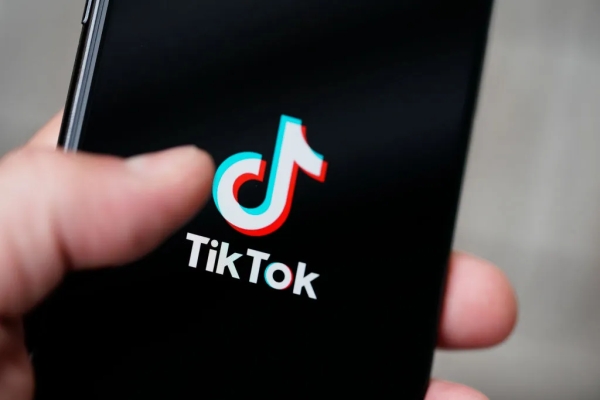Oracle has begun auditing TikTok’s algorithms and content moderation models, according to a new report from Axios out this morning. Those reviews began last week, and follow TikTok’s June announcement it had moved its U.S. traffic to Oracle servers amid claims its U.S. user data had been accessed by TikTok colleagues in China.
The new arrangement is meant to allow Oracle the ability to monitor TikTok’s systems to help the company in its efforts to assure U.S. lawmakers that its app is not being manipulated by Chinese government authorities. Oracle will audit how TikTok’s algorithm surfaces content to “ensure outcomes are in line with expectations,” and that those models have not been manipulated, the report said. In addition, TikTok will regularly audit TikTok’s content moderation practices, including both its automated systems and its moderation decisions where people are choosing how to enforce TikTok policy.
TikTok’s moderation policies have been controversial in years past. In 2019, The Washington Post reported TikTok’s U.S. employees had often been ordered to restrict some videos on its platform at the behest of Beijing-based teams, and that teams in China would sometimes block or penalize certain videos out of caution about Chinese government restrictions. That same year, The Guardian also reported TikTok had been telling its moderators to censor videos that mentioned things like Tiananmen Square, Tibetan independence, or the banned religious group Falun Gong, per a set of leaked documents. In 2020, The Intercept reported TikTok moderators were told to censor political speech in livestreams and to suppress posts from “undesirable users” — the unattractive, poor or disabled, its documents said.
All the while, TikTok disputed the various claims — calling leaked documents outdated, for instance, in the latter two scenarios. It also continued to insist that its U.S. arm didn’t take instructions from its Chinese parent, ByteDance.
But a damning June 2022 report by BuzzFeed News proved that TikTok’s connection to China was closer than it had said. The news outlet found that U.S. data had been repeatedly accessed by staff in China, citing recordings from 80 TikTok internal meetings.
Following BuzzFeed’s reporting, TikTok announced that it was moving all U.S. traffic to Oracle’s infrastructure cloud service — a move designed to keep TikTok’s U.S. user data from prying eyes.
That agreement, a part of a larger operation called “Project Texas,” had been in progress for over a year and was focused on further separating TikTok’s U.S. operations from China, and employing an outside firm to oversee its algorithms.
Now, it seems Oracle is in charge of keeping an eye on TikTok to help prevent data emanating from the U.S. from being directed to China. The deal steps up Oracle’s involvement with TikTok as not only the host for the user data, but an auditor who could later back up or dispute TikTok’s claims that its system is operating fairly and without China’s influence.
Oracle and TikTok have an interesting history. Towards the end of the Trump administration, the former president tried to force a sale between the two companies, bringing in long-time supporter, Oracle founder and CTO Larry Ellison to help broker the deal for his company. That deal eventually fell apart in February 2021, but the story didn’t end there, as it turned out.
But while this new TikTok-Oracle agreement has significance in terms of the tech industry and in politics, Oracle’s deal with TikTok doesn’t necessarily make the firm a more powerful player in the cloud infrastructure market.
Even with TikTok’s business, Oracle’s cloud infrastructure service represents just a fraction of the cloud infrastructure market. In the most recent quarter, Synergy Research, a firm that tracks this data, reported the cloud infrastructure market reached almost $55 billion with Amazon leading the way with 34%, Microsoft in second with 21%, and Google in third place with 10%. Oracle remains under 2%, says John Dinsdale, who is a principal analyst at the firm.
“Oracle’s share of the worldwide cloud infrastructure services market remains at just below 2% and has shown no signs of meaningful increase. So Oracle’s cloud revenue growth is pretty much keeping pace with overall market growth,” Dinsdale told . Synergy defines “cloud infrastructure services” as Infrastructure as a Service, Platform as a Service and hosted private cloud services. Dinsdale points out that Oracle’s SaaS business is much stronger.”
